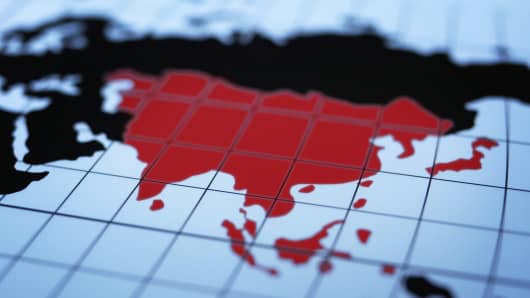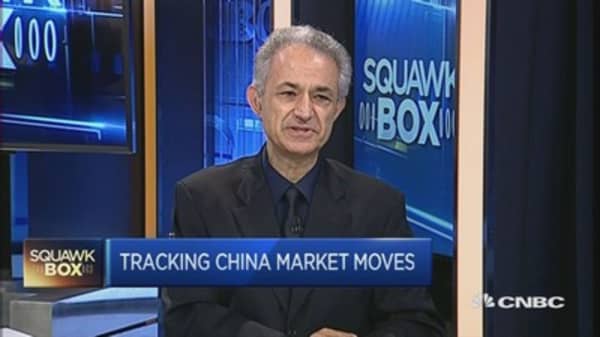Nearly one-third of Japan's foreign goods purchases in the first four months of this year came from China. During the same period, the two countries' bilateral merchandise trade rose 17 percent from the year earlier. And China holds the advantage. These trade flows generated China's trade surplus with Japan that is nearly double Tokyo's total shortfall on overseas trade transactions.
This is a remarkable development for countries experiencing an increasingly dangerous military standoff over apparently irreconcilable differences about their maritime borders.
There is a similar, although less acute, situation in Japanese-South Korean relations. Japan's sales to South Korea in the four months of this year have increased 2.4 percent from the year earlier, and the bilateral trade is now running at an annual rate slightly above its last year's level.
This trading business is going on while the Japanese and South Korean leaders are locked into long-running disputes about their wartime history and contested territorial claims. They cannot even agree on how to call the body of water that separates them: the Japanese call it the Sea of Japan, but the Koreans call it East Sea. Incidentally, an 82,000-strong Korean lobby in the State of Virginia pushed through the law last year that requires textbooks to use East Sea instead of the Sea of Japan, the name which presumably became "official" during Japan's occupation of Korea from 1910 to 1945.
A model of Oriental wisdom?
I am intentionally ignoring the usual price and income effects influencing these bilateral and regional trade flows to focus on positive business developments in a manifestly hostile environment, bordering on outright warfare.






